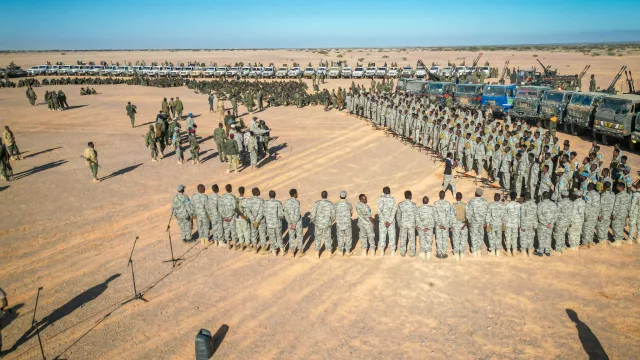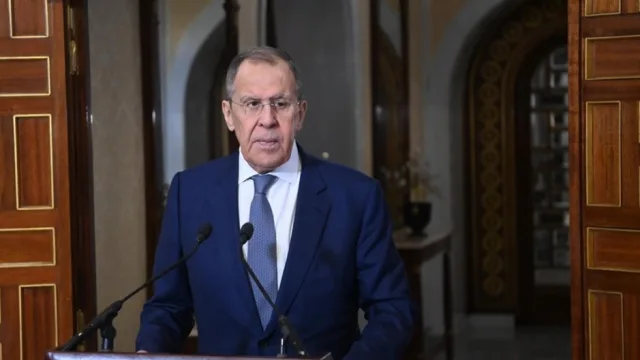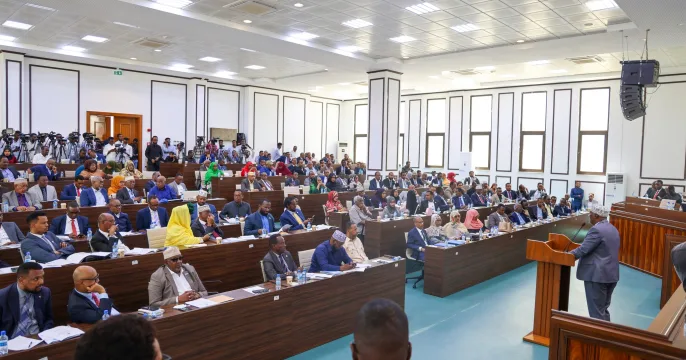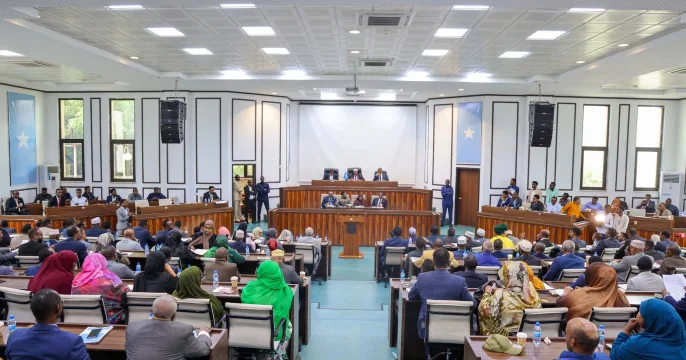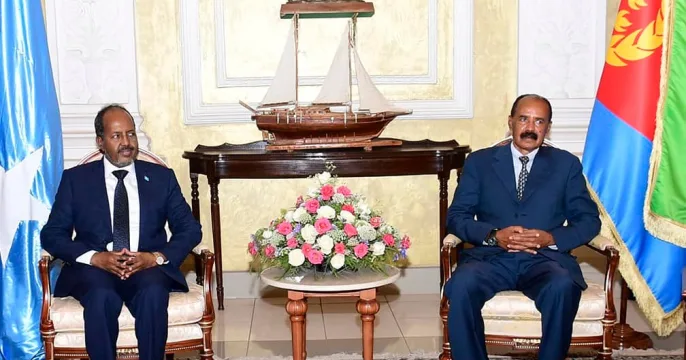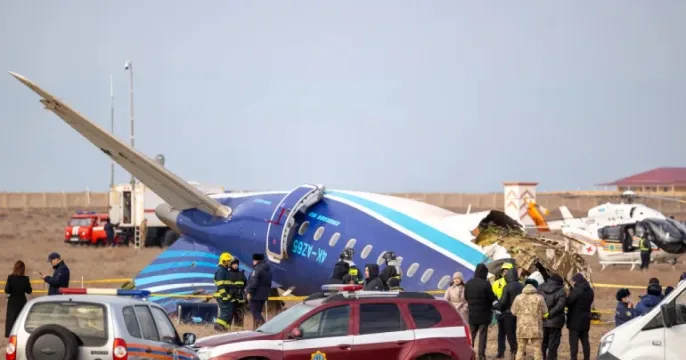Kenya’s prime minister said Tuesday that the government will carry out investigations if there have been…
![]()

The International Committee of the Red Cross said Tuesday it resumed distribution of food aid to more than 6,000 people at a camp in southern Somalia a day after the aid group Doctors Without Borders said five people were killed and more than 50 wounded in airstrikes there. The ICRC said it suspended operations following an air raid on Sunday.
Kenyan Prime Minister Raila Odinga said that any civilian loss of life in Kenya’s pursuit of al-Qaida-linked Somali insurgents would be regrettable and that investigations would be carried out if civilians were killed.
The Kenyan military acknowledged carrying out an air raid attack on Sunday but blamed militants for the deaths.
Kenyan military spokesman Maj. Emmanuel Chirchir said the civilian deaths from Sunday’s attack occurred when one of the militants drove a burning truck of ammunition into the refugee camp in the town of Jilib where it exploded. He said the Kenyan air force had hit the truck as it drove away from an al-Shabab training camp.
On Tuesday, the Kenyan military warned that it will attack 10 Somali towns where it believes al-Shabab has a presence and advised civilians to stay away from al-Shabab camps or being used as conduits for weapons.
In a statement, Chirchir warned residents of Baidoa, Baadheere, Baydhabo, Dinsur, Afgoye, Bwale, Barawe, Jilib, Kismayo and Afmadow that their towns are under imminent attack.
He said the Kenyan military has received reliable information that two aircraft landed in the town of Baidoa with arms consignment intended for the al-Shabab. He did not say where the weapons originated from and could not be immediately reached for further comment.
Kenya sent hundreds of the troops to Somalia in mid-October in pursuit of al-Shabab militants it blames for a string of kidnappings in Kenya.
The International Committee of the Red Cross and the Somali Red Crescent said in a joint statement that “all feasible precautions” must be taken to avoid civilian deaths and injuries. Somali Red Crescent volunteers administered first aid after the bombing, ICRC said. ICRC provided the facilities with medicine and supplies to treat the wounded.
On Monday, Odinga held a joint news conference with Somali Prime Minister Abdiweli Mohamed Ali, the second in two days. The two briefed diplomats from Western and African countries on the progress of the joint military operation against al-Shabab. Odinga told reporters that Kenya was not in Somalia to stay.
“Kenya has no imperialistic intention of staying longer in Somalia or annexing any part of Somalia. We want to see a united, liberated strong Somalia to join the East African Community,” Odinga said.
Ali urged the international community to support the operation against the militants and to deliver humanitarian support to Somalis in the areas liberated from al-Shabab.
“Somalia is going into a new phase and hopefully soon Somalia will be an important member of the community of nations,” Ali said.
Somalia has been a failed state for more than 20 years. The lawless country is a haven for pirates and international terrorists. The lawlessness in the country’s south led to a famine affecting hundreds of thousands of Somalis.
Meanwhile, 50 al-Shabab fighters — mostly teenagers — laid down their weapons and defected to the government this week in line with a government deadline for amnesty. The defectors complained of a lack of salary and being mistreated while in al-Shabab. The militants often conscript teenagers and younger children into their ranks.
“These young men have decided to surrender after they were overwhelmed by unfortunate living conditions within the anti-peace elements,” Ibrahim Omar Aden, Somalia’s national security agency spokesman, told reporters. “They were brainwashed and have long been subject to unfair treatment by al-Shabab.”
One of the defectors, Ahmed Abdi, said that high-ranking members of al-Shabab had lots of money and multiple wives, but that lower-ranking conscripts received little pay.
The government runs a program to feed, shelter and educate dozens of al-Shabab defectors in Mogadishu.
Elsewhere, Iran’s government delivered 5,000 tons of food aid to help hungry Somalis suffering from famine. Mohamed Hashim, an official with the Iran Red Crescent. said the food aid included flour, sugar, rice, medicine and tents.
Source: AP
